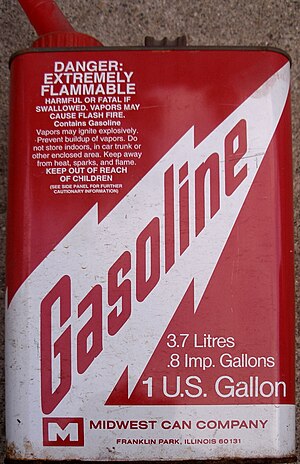Yeah, but when you say "I'm driving with 80 mph" or "I'm 6.5 feet high", I have to scratch my head and go looking for a converter.
See how easy it is with units like watts and minutes? We both know what that is. Why can't it be like that for all units?
Besides, decimal system is much easier than dozens and such.

There's the problem. A sudden conversion would mean that everyone in the US would have to do the thing you are complaining about
all the time when they do everyday things, such as drive or weigh themselves.
A sudden and complete conversion will never happen. It's
possible to phase it in, but that starts by making imperial to metric conversions a staple of a grade school education (not sure if it's there or not, but it wasn't when I went to school).
I'm often surprised that people here don't know how to convert Imperial to metric and vice versa. It's surprising because you easily can figure out the ratios on your own, provided you know
anything about the two scales (and all you have to do is look around a little bit in order to find out those things). With Kilometers and Miles, they can just look at their car's dashboard, it has both the km/h and m/h numbers on it in the US. Look right around 62 mph, and they should see a 100 and a line there. That's 100 km/h. From there they know there are about .62 miles in 1 km. Look at where the 100mph is, and they'll see a smaller 160 near it. That is, again, the km/h number that can be used for conversion (1.6 kilometers per mile).
People don't
need to told how to do things, nor do they need put much effort intoto look things up. Pretty much anyone should be able to figure out how to do the conversions if they actually try. They
are exposed to them often enough that the effort involved would be minimal.
But even with info readily available, people
don't figure it out on their own. They won't put forth that effort on their own. some will, but most won't even consider it important enough to learn. That's
why it has to be a school-based effort. It has to be an explicit effort to make children have an unconscious comprehension of various measurements. When they hear that something is a mile away, they have an unconscious idea how far that is without having to think about it because of how much they've been exposed to it. Make sure they have that same unconscious reaction when they hear something is a kilometer away, and they won't need to sit there converting things in their heads.
People who can think in
both systems don't have to dick around with conversions.


